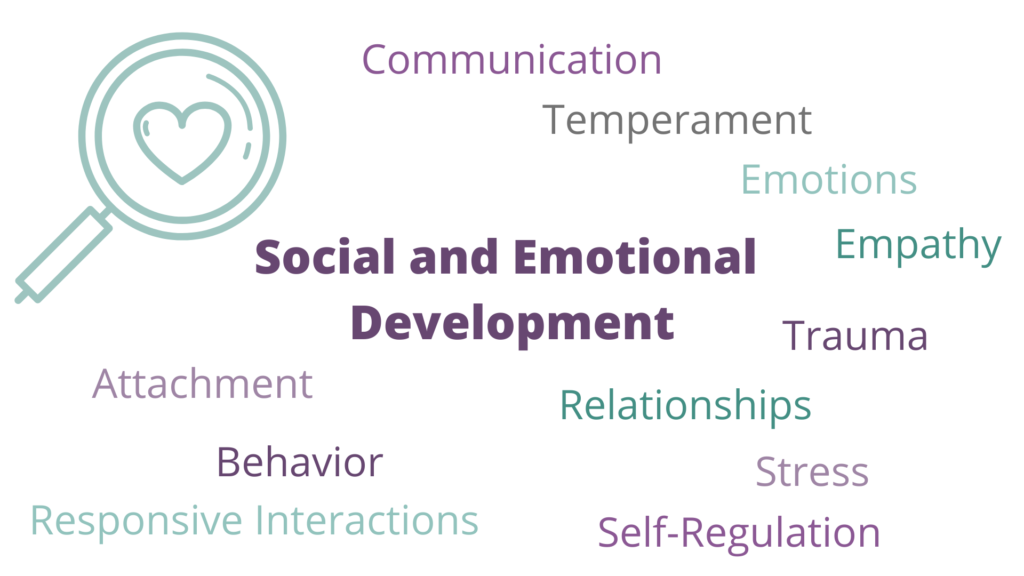Ever been in a home visit with a parent who is
simultaneously using his/her phone while discussing the child with you? There
are lots of ways that phones and screen time show up during visits. For
instance, parents hand their child a phone to keep him quiet or distract other
children in the home. Parents may pull out their …
Wyatt is a happy 19-month old child who was recently released from the hospital, where he lived for the first 17 months of his life. Wyatt was born very prematurely and has been diagnosed with a visual impairment and cerebral palsy. You want to conduct an assessment to learn about Wyatt’s strengths and needs, especially …
We definitely have challenges in getting specific-to-speech-related services paid for in early intervention (EI). And we should! Targeting specific speech sounds in isolation before the age of three years does NOT make sense on a developmental level—and this is exactly why insurance companies tend to question the claims. We know, however, that we need to …


